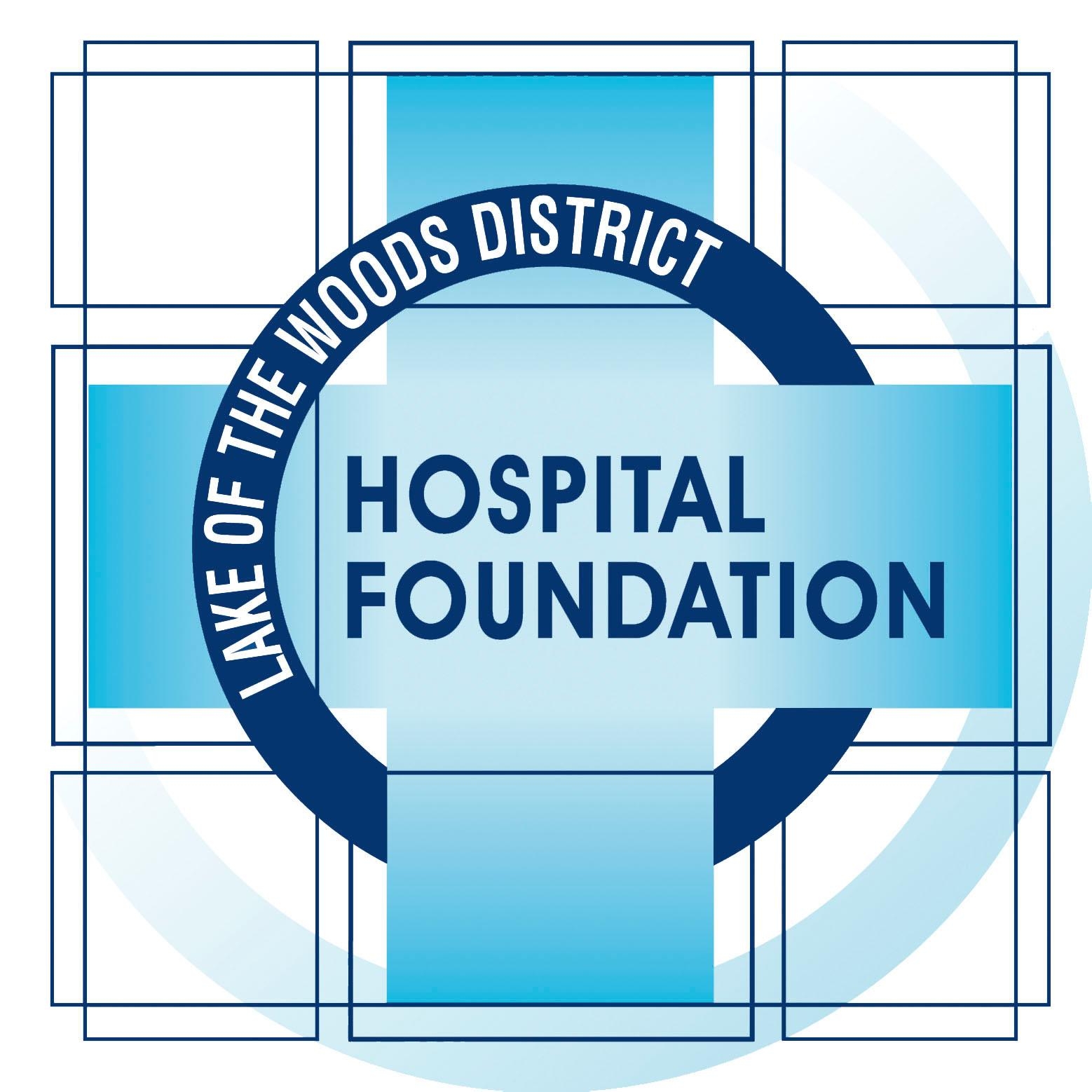$100K Gift Supports Life-like Simulators to Advance Patient Care at LWDH
Kenora, ON September 29, 2023 – Visit any hospital emergency department across Canada and you’ll likely see a couple things — a consistent stream of patients presenting with unique challenges and a hard-working interdisciplinary care team prepared to save lives.
Between April 2022 and March 2023, more than 17,500 people visited the Lake of the Woods District Hospitals’ (LWDH) emergency department with different needs and ailments requiring a variety of skills to treat. To ensure every one of these patients receives the care they need quickly and efficiently, LWDH in partnership with the Northern Ontario School of Medicine (NOSM) University, offers advanced simulation education to prepare health care teams for the unexpected and time-sensitive tasks they’ll have to perform. This model of clinical training provides realistic experiences for health care workers to learn and practice their skills in a realistic, safe and controlled setting — one that eliminates the risk to human life.
LWDH is fortunate to have one of Northern Ontario’s few simulation labs on-site, where NOSM students and current healthcare staff can learn by replicating real-life scenarios where they treat the critically ill, but instead of people, they work on simulators known as high-fidelity manikins. These manikins are sophisticated dummies with advanced technology to make them move, breathe and react like real patients. During simulation with these high-fidelity manikins, staff and students can practice and perfect their skills so they are prepared when caring for patients at LWDH. Learners are taught to handle emergencies where the manikins appear to be sick, injured, or dying.
Thanks to the incredible generosity of Mike and Mona Linton, the Lake of the Woods District Hospital Foundation (LWDHF) is able to help LWDH invest in two new advanced high-fidelity patient simulators; an obstetric manikin and a pediatric manikin. Furthermore, various features of the new manikins have been tailored (skin tone and gender) to reflect the diversity of communities served in northwestern Ontario. Mike and Mona’s $100,000 donation was directed to these new pieces of medical equipment in memory of Michael Dufresne, to enhance education for current and future generations of learners.
Dr. Sean Moore, Chief of Staff at LWDH explains, “The simulators give learners the opportunity to enhance and practice their skills prior to treating patients in high stress situations. We teach ways of communicating more effectively, teamwork and situational awareness to mitigate human errors. We also need to acknowledge that medical learning environments have too long been fraught with bias and patriarchal undertones. NOSM University has a foundation of social accountability and the LWDH share the approach of anti-racism and a commitment to close health gaps and help promote equitable care.”
While LWDH’s current simulators continue to function, they were purchased nearly 20 years ago and have rapidly become outdated. Manikin technology has advanced exponentially with new digital tech and sophisticated materials making new ones more lifelike and more effective as teaching tools for all learners. In terms of the ripple effect of the donor dollar, this is going to have a very vast and wide impact on patient lives. Moreover, it is an incredible way to honour the legacy of an incredible teacher and developer of talent within our community.
Jennifer Young, Clinical Educator at LWDH elaborates on their function and impact; “The new obstetrical manikin can simulate every single birthing complication, so the staff can practice managing these types of emergencies. The sim mom will physically deliver a baby with the new advanced technology so the learnings can participate in a live birth in a controlled learning environment.” Similarly, the pediatric manikin can simulate the many different illnesses that children present with. Jennifer adds, “the learners will be able to use this new mannequin to enhance their assessment skills and practice implementing interventions for treating sick children. The sim kid will simulate many different kinds of respiratory illnesses for the learner to assess, diagnose and treat.”
These new manikins will enable staff and students at LWDH to practice emergency situations that don’t happen very often in real life, but when they do, the staff need to know what they are doing and how to react appropriately to save lives.

